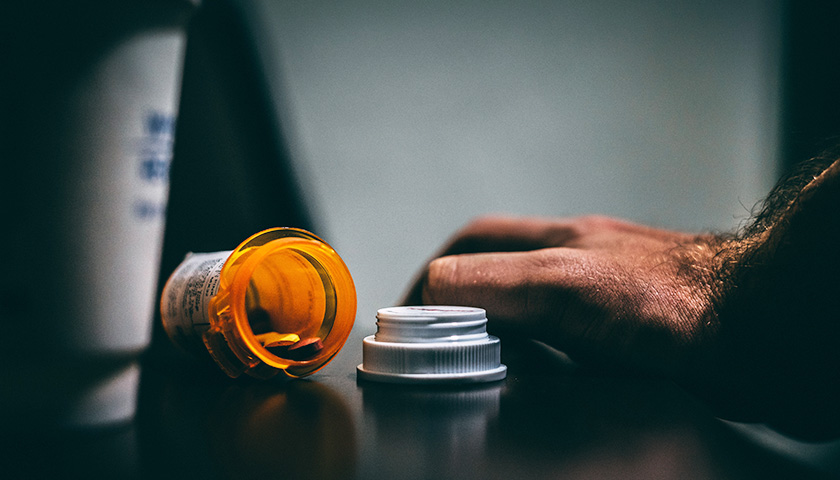The Tennessee Department of Mental Health and Substance Abuse Services (TDMHSAS) is receiving a $3,000,000 Regional Partnership Grant through the Federal Administration for Children and Families to support families and children affected by opioids or other substance abuse.
TDMHSAS Commissioner Marie Williams said, “When addiction hits a person, it impacts their whole family in ways that will be felt for years to come. We’ve seen time and time again that if a person can achieve recovery, they can unlock the door to being the parent they always wanted to be. We’re so grateful to our partners in this work, and we know that it will truly have a generational impact for hundreds of families.”
The Administration for Children and Families at the U.S. Department of Health and Human Services awarded eighteen grants to organizations in the U.S., totaling $8.8 million, to “increase well-being, improve permanency and enhance the safety of children who are in, or at risk of, an out-of-home placement as a result of a parent’s or caregiver’s opioid or other substance misuse.” Tennessee was awarded two of the eighteen grants, one for TDMHSAS and one for The Helen Ross McNabb Center, Inc in Knoxville, Tennessee.
The grant awarded to the TDMHSAS will achieve goals for eligible children and families by following the HOMEBUILDERS model.
According to the Institute for Development website, “HOMEBUILDERS provides intensive, in-home crisis intervention, counseling, and life-skills education for families who have children at imminent risk of placement in state-funded care. Our goal is to prevent the unnecessary out-of-home placement of children through intensive, on-site intervention and to teach families new problem-solving skills to prevent future crises.”
During the COVID-19 pandemic, there was an acceleration of overdose deaths primarily increased by synthetic opioids, with a total of 2,388 deaths in Tennessee related to opioid overdose, an increase of 38.4 percent from 2019 to 2020.
“The disruption to daily life due to the COVID-19 pandemic has hit those with substance use disorder hard,” said CDC Director Robert Redfield, M.D.
This year, Tennessee is ranked third in the country for prescription drug abuse, with approximately 70,000 Tennesseans addicted to opioids. Of the crimes committed in Tennessee, 80 percent are drug-related.
The Tennessee Department of Mental Health and Substance Abuse Services is working with partners at Centerstone, the Department of Children Services, the Department of Human Services, and the Administrative Office of the Courts to deliver services to the children and families affected by opioid addiction. The areas that will be included in the coverage of this grant are Bedford County, Coffee County, Franklin County, Giles County, Hickman County, Lawrence County, Lincoln County, Marshall County, and Maury County.
– – –
Kaitlyn Osteen is a reporter at The Tennessee Star and The Star News Network. Send Kaitlyn news tips to [email protected].
Photo “Pill Bottle” by Kevin Bidwell.






No one asked me if I wanted my tax dollars to be given to this “cause”. Where does all the slush fund grant money come from? God protect us from the do-gooders who keep on shelling out billions in grants in order to “help” people. I would just like to keep more of my tax dollars so I can help my own family or at the least stop spending money that we do not have and must be borrowed from China.